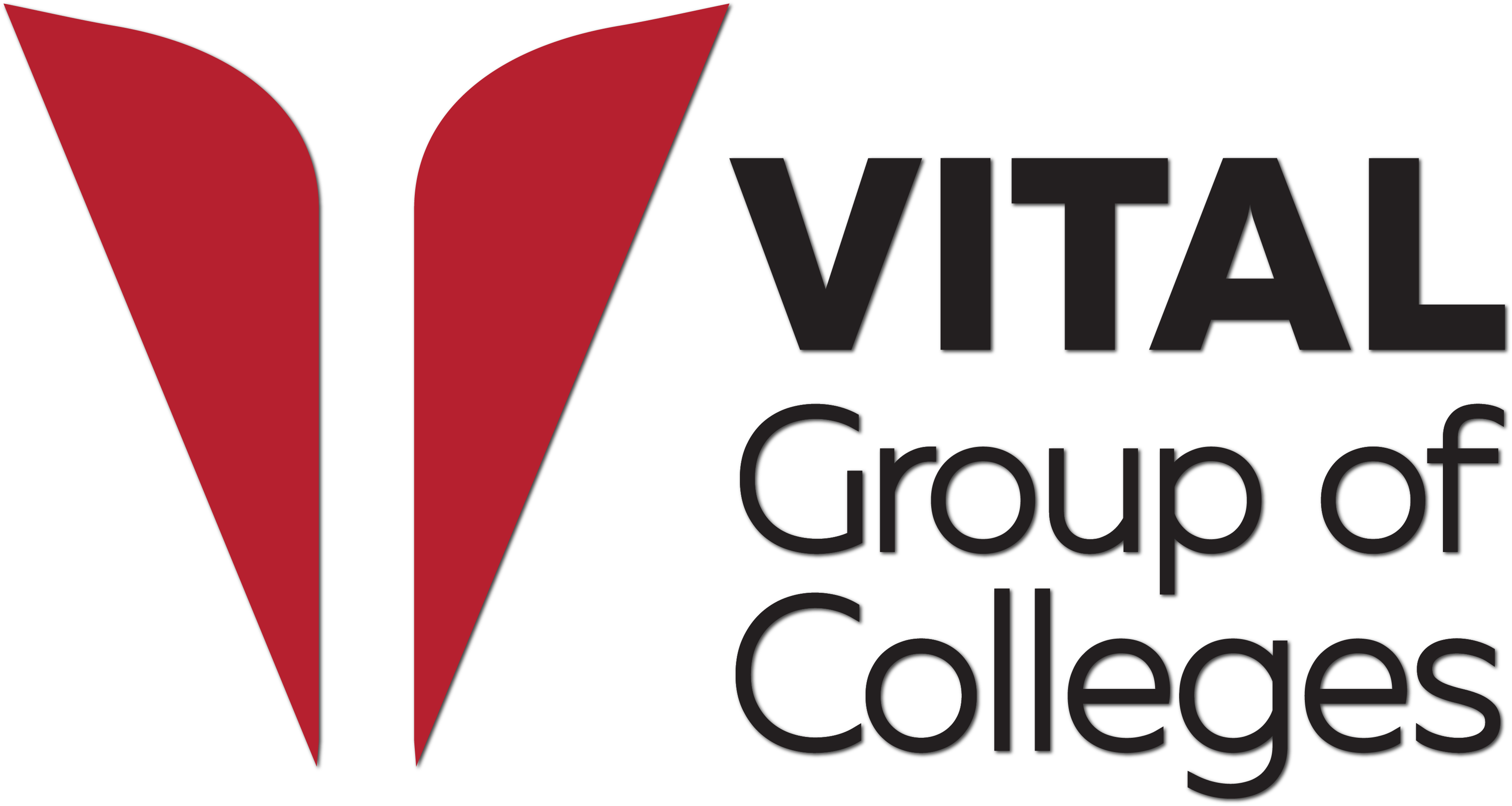
Vital College of Pharmacy &
Allied Health Sciences
Vital College of Pharmacy and Allied health sciences encompass a diverse range of healthcare professions that work collaboratively with medical professionals to provide diagnostic, therapeutic, and support services to patients. These professionals play a crucial role in the healthcare system, contributing to the overall well-being and treatment of individuals. Allied health sciences cover a wide spectrum of disciplines, including but not limited to medical laboratory technology, radiography, physiotherapy, occupational therapy, speech therapy, nutrition and dietetics, respiratory therapy, and paramedical services.
Professionals in allied health sciences are trained to work in various healthcare settings, such as hospitals, clinics, rehabilitation centers, diagnostic laboratories, and community health centers. They work closely with doctors, nurses, and other healthcare professionals to deliver comprehensive care to patients. Allied health professionals are often involved in the assessment, diagnosis, treatment, and rehabilitation of patients, playing a vital role in improving health outcomes and quality of life.
Education and training in allied health sciences typically involve a combination of theoretical knowledge, practical skills, and clinical experience. Students pursuing a career in allied health sciences undergo rigorous academic coursework, hands-on training, and internships to develop the necessary competencies and expertise required in their respective fields. Many allied health programs also emphasize the importance of interdisciplinary collaboration, communication skills, critical thinking, and ethical practice to ensure the delivery of high-quality patient care.
In conclusion, allied health sciences play a critical role in the healthcare industry by providing essential services that support the diagnosis, treatment, and management of various health conditions. Professionals in allied health sciences are integral members of the healthcare team, working together to promote health, prevent disease, and improve the overall well-being of individuals and communities.
